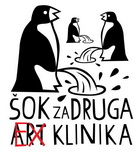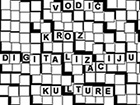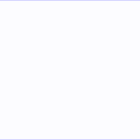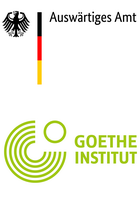It’s now up to Maja Gojkovic
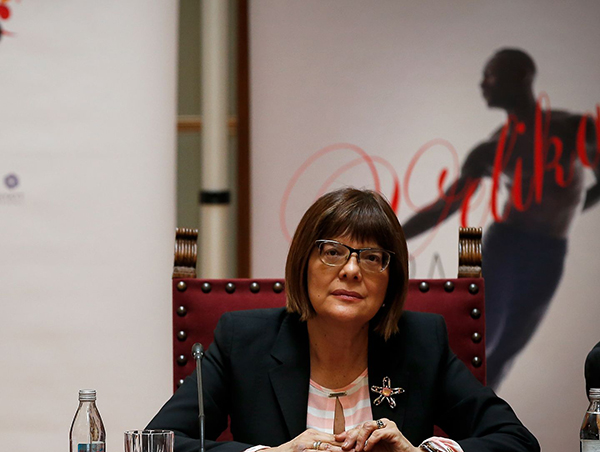
With the election for the new Government of Serbia at the end of October 2020, Serbia got a new Minister of Culture and Information - the former Speaker of the Parliament, Maja Gojkovic. This is the first time in years that a high-ranking official from the ruling party and a politician with many years of experience is at the head of the Ministry of Culture and Information. Maja Gojkovic is also the Deputy Prime Minister of Serbia, and it still remains to be seen whether this will reflect on the improvement of a more than disagreeable position of culture and media in society today.
Minister Maja Gojkovic’s first moves were cautiously welcomed by the professional and also general public, since she gave signs of possible discontinuity comparing with the previous cultural policy and practice in the field of culture and media, and some expected reactions were lacking. Although the new-old Prime Minister Ana Brnabic emphasized during the presentation of the exposition to the Members of the Parliament, that the policy of her new cabinet is a policy of continuity not only with the previous government, but also with the government that was headed by Aleksandar Vucic, the current President of Serbia, Maja Gojkovic distanced herself from some of the moves of her predecessor Vladan Vukosavljevic soon after the duties were handed over, which was done without any statements and only with the possibility of media photo shooting the act. First, as it was indirectly learned, she silently withdrew the criminal charges that the previous assembly of the Ministry of Culture and Information filed against cultural and media representatives with whom Vukosavljevic occasionally waged public controversy and a kind of a "war of statements". At the same time, the controversial statements were withdrawn, often assessed in public as an example of rude disqualifications and personal confrontations between the minister and the opposed. The last in the series were the announcements issued this fall by the Ministry of Culture and Information on the occasion of the violent destruction of the exhibition of the comic book artist group “The Boys” (Momci) at the Old Captaincy Gallery in Zemun, which actually equated the responsibility of a group of hooligans with the authors of provocative works, which were a commentary on the turbulent war times in the 90s in Serbia and in the former Yugoslavia.
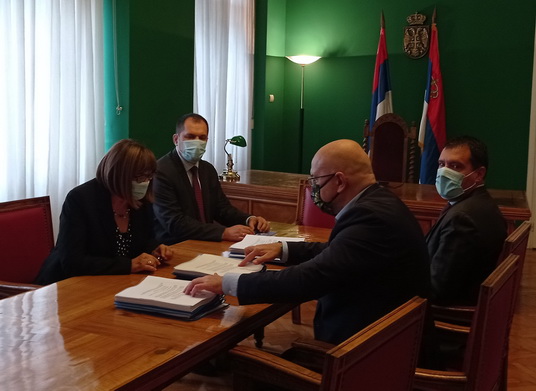
Vukosavljevic himself got criminally charged for these statements by the comic book artist group “The Boys”. The statements issued by Vukosavljevic provoked strong condemnation from a number of cultural associations (Association of the Independent Cultural Scene of Serbia, Association of Fine Artists of Serbia, Association of Fine Artists of Vojvodina, Serbian PEN Center, Serbian Literary Society…) and the media scene. In cooperation with the Independent Association of Journalists of Serbia legal team, the comic book artist group “The Boys” sued the former minister and an unidentified person from his cabinet for criminal offenses of endangering security and violating freedom of speech and freedom of publically stepping out, because in the disputed statement they "incited other persons to illegal actions against the aggrieved party”, to whom they “denied and restricted freedom of expression”.
Soon after becoming the head of the Ministry of Culture and Information, Maja Gojkovic also intervened in the case of a controversial attempt by the acting Director of the Museum of Contemporary Arts in Belgrade (MoCAB), Viktor Kis, to build a cafe on the ground floor of the museum building in Usce without the procedure prescribed by law and without permission, and to do so by removing one of the key works from the current exhibition of MoCAB acquisitions. After this action from the acting Director was met with strong opposition from the entire curatorial team of MCAB, as well as the professional public (Association of Fine Artists of Serbia, Association of Independent Cultural Scene of Serbia, Serbian section AICA…), the Minister asked for a declaration from the Institute for the Protection of Cultural Monuments of Belgrade, which stated that the cafe is being built outside of legal requirements and without the necessary consent. The acting director of MCAB therefore abandoned his original plan and accepted the obligation to return everything to its original condition.
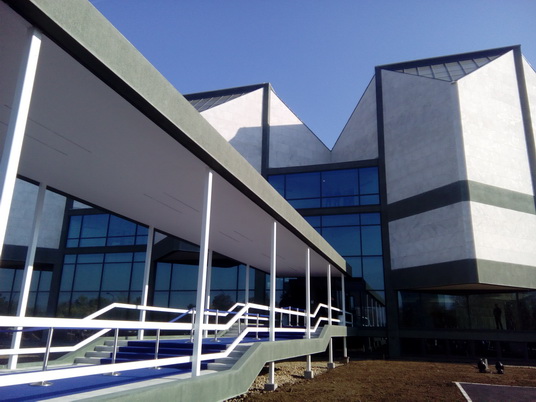
Although the first moves of the new minister were met with positive reactions by the public, she was also criticized for the lack of reactions from the Ministry of Culture and Information to frequent verbal violence and threats of physical violence in recent weeks against some artists and journalists, especially female journalists, on various talk shows on private televisions with pro-government editorial policy, as well as on social networks.
Critics also resent Maja Gojković for her personal contribution to the collapse of the culture of dialogue in the Serbian Parliament, which she presided for the past six years as an official of the ruling Serbian Progressive Party, headed by Aleksandar Vučić. She is criticized for the way she moderated the parliamentary sessions, where she actually humiliated the opposition, prevented a constructive dialogue and practically contributed to the persecution of the democratically oriented opposition from the parliament.
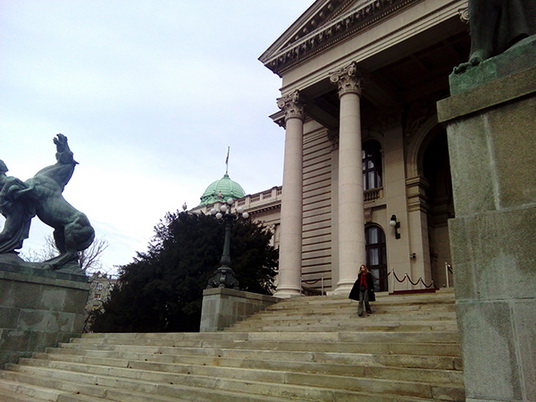
Among the reasons for skeptical reactions from the professional public is the fact that Maja Gojkovic does not have much experience in the field of culture and media, although she was the head of the parliamentary committee in those two domains for a short period. As far as the culture is concerned, she almost regularly participated in press conferences of the Belgrade Dance Festival, which were exclusively organized in the hall of the parliament during her mandate.
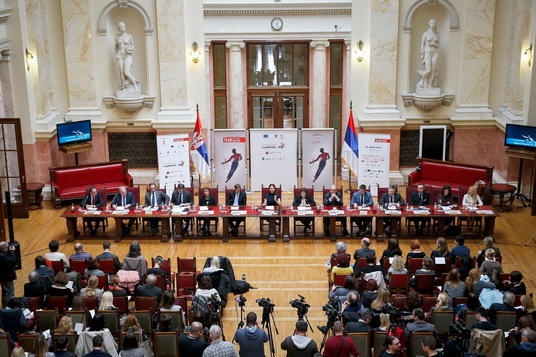
Her praise of the controversial exhibition "Uncensored Lies", by which the ruling SPP presented more than 2,500 "negative media contents" about them and their leader, the former Prime Minister Aleksandar Vucic, was not forgotten. Maja Gojkovic then assessed that the exhibition was set up "in a modern way" and that it was "conceptual art like Marina Abramovic".
She also caused special attention of the public when she wore a hijab during her visit to Iran in 2015, and she characterized the assessments that she exaggerated with such a move, as a media lynch. As she stated at the time, the hijab was supposed to show how much Serbia appreciates the respect that Iran has shown in many occasions towards its state interests, and by not recognizing the independence of Kosovo, among other things. "I have not embarrassed Serbia anywhere I went, not now, not ever, and I am glad that Prime Minister Aleksandar Vucic, found the time to offer me support, even though he was in China," Maja Gojkovic pointed out at the time.
Again, in late 2016. Maja Gojkovic, along with Goran Vesic - the then City Manager of Belgrade, attracted public attention when she announced a monument dedicated to Andy Warhol stating that he also influenced her professional path.
The fact that user profiles on the most influential social networks were rapidly created and now daily updated indicates that the public image will be important for the future work of the Ministry of Culture and Information. Maja Gojkovic expects the same from cultural institutions, which she called upon to increase the visibility of their digital contents. However, the question is whether this budget for digitalization, as well as the funds for culture in general, will be increased in the following year, given that they are among the smallest, not only in Europe but also in the region, and were further reduced as a consequence of the corona virus pandemic. Among the first steps towards a kind of mapping and settling the situation in the field of culture neglected for years, is the request to cultural institutions, whose founders are the State, the Province of Vojvodina or local municipalities, to submit information on audit of funds, to determine the actual condition of Serbian cultural heritage, and possibly to prevent various malversations on the black market.
Maja Gojkovic was also mentioned earlier as a possible Minister of Culture and Information, but Vladan Vukosavljevic remained in that position during the reconstruction of the Government of Serbia, two years ago. He has been the head of the Ministry of Culture and Information since August 2016, ascending from the position of the city secretary for culture of Belgrade.
Born in 1963 in Novi Sad, where she graduated from the Faculty of Law, Maja Gojkovic once worked as a lawyer, and was the first woman mayor of Novi Sad from 2004 to 2008, as a candidate of the Serbian Radical Party (SRP), led by Vojislav Seselj. She was a member of the City Assembly of Novi Sad (2008-2012), a member of the parliaments of Yugoslavia and the State Union of Serbia and Montenegro since 1992, and a member of the Assembly of Vojvodina as well.
Political opponents often blame her for frequent party switching. In the first parliamentary elections in Serbia, she was a member of the People's Radical Party led by Veljko Guberina, which later merged with the Radicals. Maja Gojković started to separate herself from the top of the SRP right after taking office as the mayor of Novi Sad, and in March 2008, the Novi Sad board of radicals announced that she was no longer a member of the party. Although it was expected that, after the split in the SRP and the separation of Tomislav Nikolic and Aleksandar Vucic from Vojislav Seselj, she would join the newly formed SPP, Maja Gojkovic founded a new party - the People's Party, that formed an agreement on joint political action with the Democratic Party of Serbia and the New Serbia in late 2008. At the end of 2009, she was elected president of the People's Party, that participated in May 2012 elections on ballot together with the Union of Regions of Serbia led by Mladjan Dinkic, one of the leaders of the opposition which managed to win the elections in autumn 2000. and with the support of hundreds of thousands of citizens on the streets on October 5 overthrew the regime of Slobodan Milosevic. However, Maja Gojkovic's party was soon excluded from the membership of the URS, because she negotiated with the Democratic Party on the formation of a new government, even though she supported the new ruling coalition of the SPP, the Socialists and the URS. Since she became a member of the SPP, Maja Gojkovic has been continuously loyal to the party's policy and is one of the officials that regularly publically defends the leader of the ruling party. So far, she has had a good relationship with the new-old Prime Minister, unlike the former Minister Vukosavljevic, whose Ministry of Culture and Information on one hand and the Prime Minister's Office on the other, i.e her Council for Creative Industries, often led a parallel cultural policy.
Maja Gojković is currently one of 11 women in the new Government of Serbia, consisted of 23 members in total, of which about 50 percent are newly assigned ministers.
According to her official biography, Maja Gojković speaks English and German languages.
*Foto: BFI/SEEcult
(SEEcult.org)
*Support: International Relief Fund of the German Federal Foreign Office, the Goethe-Institut, and other partners






